Environmental Consulting
Spill Prevention, Control, and Countermeasure Plan (SPCC)
SPCC plans ensure that facilities have in place containment and other controls that would prevent oil from reaching navigable waters and adjoining shorelines, and to contain discharges of oil should a spill occur.
For over 30 years, Trinity has developed SPCC Plans for numerous industrial facilities nationally and can also assist with plan revisions and program audits. Our services include but are not limited to:
- Plan preparation
- Plan review
- Plan execution (employee training, inspection, monitoring)
- Compliance audits
- Secondary containment evaluation
- API 653 inspections
How Else We Can Help
Related Services

Monitoring and Sampling Services
Trinity provides sampling and analysis of water constituents and conditions.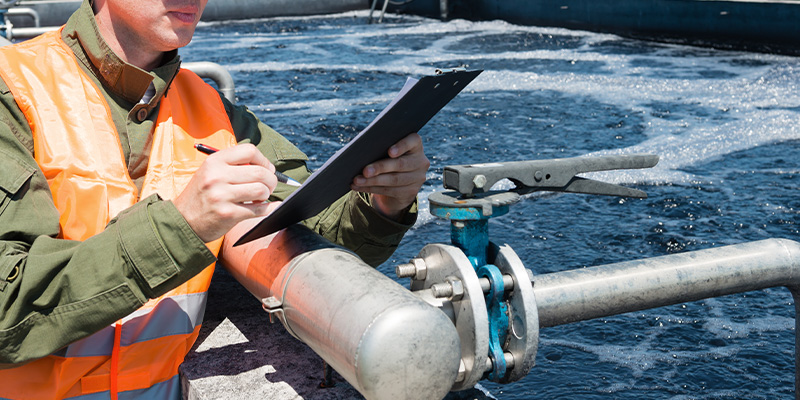
Water Quality Permitting and Compliance
Trinity provides expertise across wastewater permitting and compliance; storm water permitting and compliance; spill prevention, control and countermeasures planning and compliance; wetlands permitting; and other CWA programs.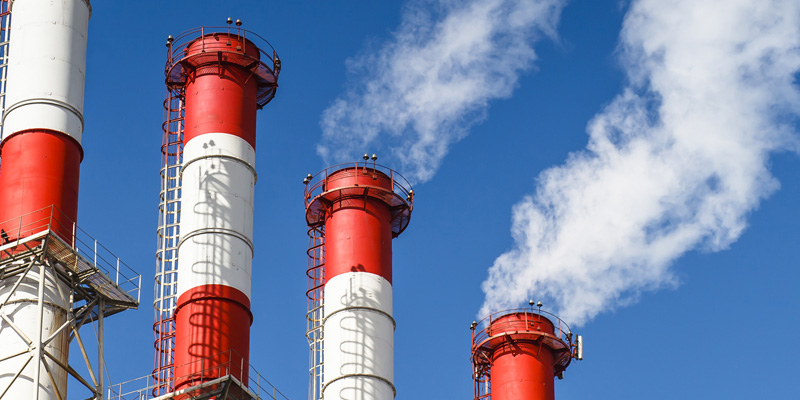
Air Quality Permitting
Trinity Consultants are experts in air permitting support for compliance with the Clean Air Act, offering comprehensive services from strategy, application development, and agency negotiations.Our Results
Featured Projects
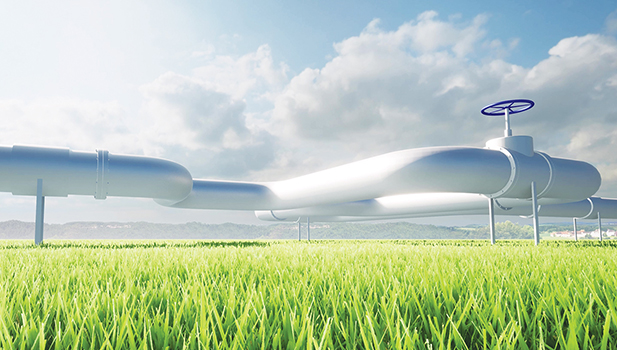
A Natural Gas Company Partners with Trinity for Scale and Insight on ESG
Trinity partnered with the client to implement a scalable, tailored digital platform for efficient ESG reporting.
Nucor Provides Transparency of Steel’s Environmental Impact in Expert Collaboration with Trinity Consultants
Trinity was tasked with developing Environmental Product Declarations (EPD) compliant with California's rigorous Buy Clean California Act (BCCA) requirements.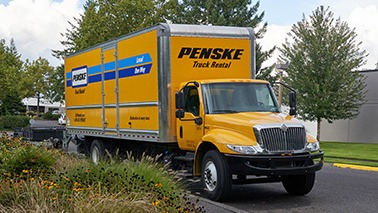
Penske Teams up with Trinity to Quantify Global Greenhouse Gas Emissions
Trinity works with both Penske Truck Leasing and Logistics in furthering the organization’s commitment to managing its environmental impact and reducing GHG emissions.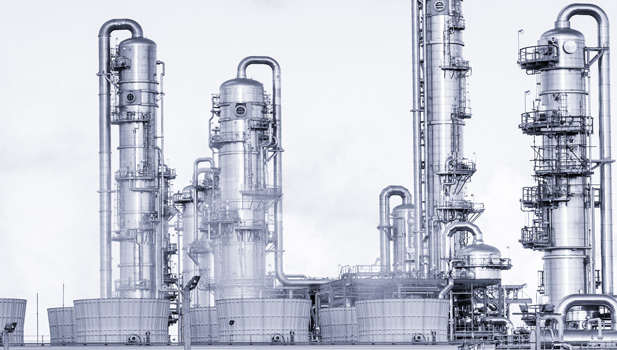
A Global Chemicals Company Integrates for HSE Compliance Visibility
A long-time Trinity client engaged the air and Digital Solutions teams to support permitting and software installation needs.Regulatory Background
SPCC Plan Overview
Important Dates
Every Five Years
Spill Prevention, Control, and Countermeasure (SPCC) plans must be reviewed and evaluated at least once every five years to consider more effective prevention and control technology. Typically, if you have made necessary changes (including changes to site contacts, ownership transfers, etc.), there are no significant updates needed during review time. Most facilities will need to complete this review in 2019 or 2020.
Making Changes
SPCC plan revisions are required as soon as possible, but not to exceed six months of making a technical amendment. After the plan has been revised to reflect a change, requirements must be implemented as soon as possible, but no later than six months following an amendment.
EPA Regulations
The Oil Pollution Prevention regulation promulgated under the Federal Clean Water Act regulation at 40 CFR part 112 addresses the SPCC requirements. The SPCC rule was promulgated in 1973, with significant amendments published in 2002. EPA finalized additional revisions in 2006, 2008, 2009, and 2011 to address compliance dates and tailor specific regulatory requirements.
Oil means oil of any kind or in any form, including, but not limited to fats, oils, or greases of animal, fish, or marine mammal origin; vegetable oils, including oils from seeds, nuts, fruits, or kernels; and other oils and greases, including petroleum, fuel oil, hydraulic oil, sludge, synthetic oils, mineral oils, oil refuse, or oil mixed with wastes other than dredged spoil. There is no minimum concentration for oil mixtures.
EPA's oil spill prevention program includes two parts:
- Spill Prevention, Control, and Countermeasures (SPCC) rule: helps facilities prevent a discharge of oil into navigable waters or adjoining shorelines
- Facility Response Plan (FRP) rule: requires certain facilities to submit a response plan and prepare to respond to a worst case oil discharge or threat of a discharge
Perspectives
Related News & Insights
SPCC and HAZWOPER Training
EHS Quarterly Issue 7 - Piecing Together the Environmental Reporting Puzzle
State and Federal Requirements for Oil Storage Tanks in Colorado
Read MoreMeet the Team
